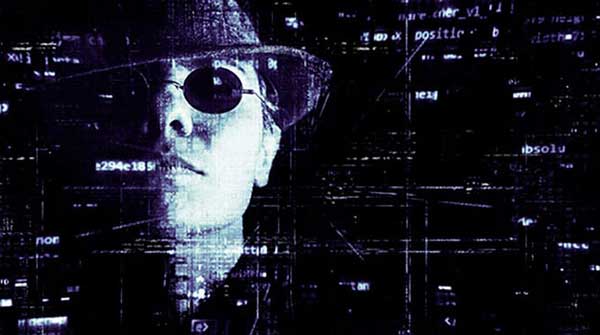Political parties’ fixation on analytics poses a threat to your personal information
 In the olden days, there were lots of ways to disrupt elections. In at least one Canadian jurisdiction, gifts would be waiting for you outside the polling place. That’s disruption.
In the olden days, there were lots of ways to disrupt elections. In at least one Canadian jurisdiction, gifts would be waiting for you outside the polling place. That’s disruption.
One of the first national elections I covered was in the days when you could make a call from a pay phone, leave the receiver off the hook, and disable the line. If that line was to a newsroom, they had trouble obtaining returns on election night. In one case, suspicion fell on a newsroom worker or executive from a rival station.
Today disruption is on steroids and in cyberspace. Political parties help create vulnerability with their fixation on analytics – age, gender, income, address, and thus the likelihood of voting a certain way. Analytics pose a broad threat. Political parties don’t worry much about keeping their data safe: a lazy hacker who wants to use all this private information for personal gain can just access a political party’s databases, including perhaps credit card numbers used to make donations.
 |
| Related Stories |
| Why website trackers are dangerous for Canadians
|
| 9 habits that lead to successful cyber security
|
| Why are data breaches still an issue?
|
Why keep all this data anyway? Consider how useless it is. I don’t want somebody on my porch asking how my kids are, how fondly I remember my university, what working at the XYZ Corporation is like, and so on. It was creepy years ago and downright scary in these days of identity theft.
I’ve also been on the other side of the porch canvassing for a politician. What can I make of the person’s marital status, university, or employment? Not much. Discussing kids, the university the voter may have hated, or a crummy job will not get the vote. What might is knowing how the person voted last election and whether the household took a lawn sign.
Sure, sending a voter with kids literature on child safety is worth a shot, but analytics create a database waiting for the hacker.
There are many more soft targets in the modern age. Scholars Thomas Rid and Ben Buchanan have studied these and their work has been published by Johns Hopkins University Press. They note that “civil society groups … voting machines and vote counting machines” can be added to my list of vulnerabilities.
There’s no cyber-Interpol working full-time to keep us safe. So, “facts are too often poorly shared, major incidents not revealed,” write Rid and Buchanan. There have been successful attacks on nuclear plants, countries, and oil companies, and one attack alone disabled 30,000 workstations.
Rid and Buchanan point out that political attacks don’t even have to succeed, or even be initiated. “Institutions are based on trust …” If people begin to distrust institutions because of cyber vulnerability, that’s “a blow against democracy…”
There’s little point in just one country or region tackling the problem. That’s like a smoking section in a small restaurant. We need international treaties, co-operation, and enforcement to keep us safe.
Allan Bonner was the first North American to be awarded an MSc in Risk, Crisis, and Disaster Management. He trained in England and has worked in the field on five continents for 35 years. His latest book is Emergency! – a monograph with 13 other authors on the many crises that occurred during the pandemic.
For interview requests, click here.
The opinions expressed by our columnists and contributors are theirs alone and do not inherently or expressly reflect the views of our publication.
© Troy Media
Troy Media is an editorial content provider to media outlets and its own hosted community news outlets across Canada.

